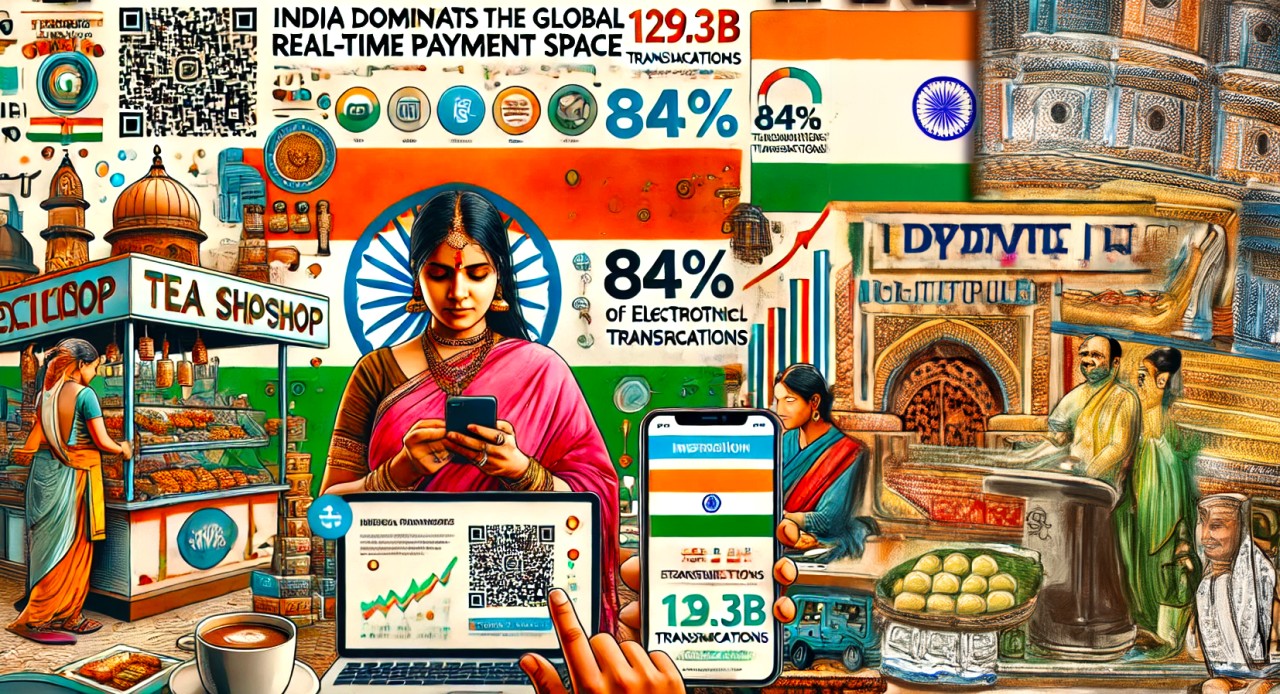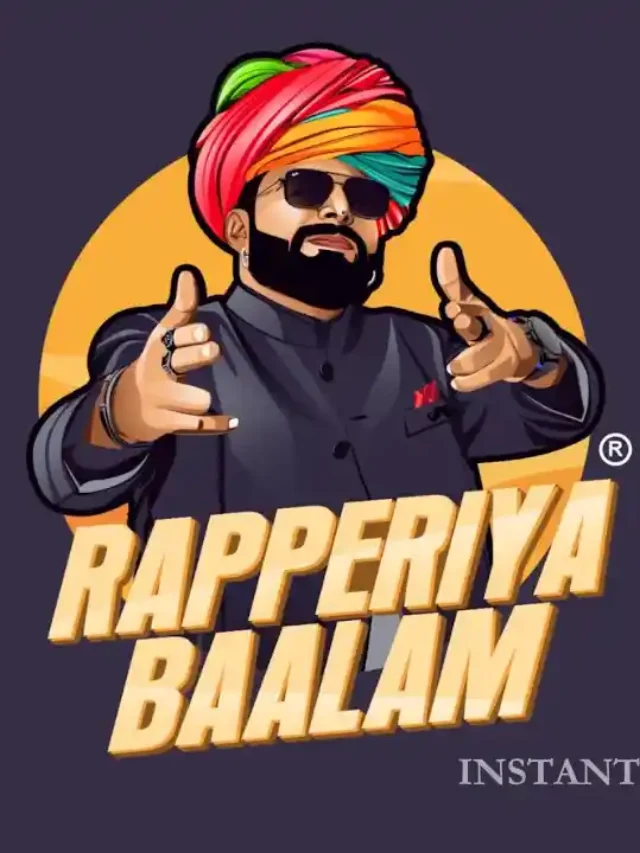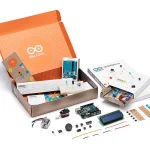India is one of the major countries in the growing economies list, with a population of about 1.429 billion. In addition to its big population, it is also known as one of the world’s major technology hubs. Many of its citizens are tech-savvy, with some working for multinationals and others on a freelance basis.
The country has one of the largest payment ecosystems, and digital payments have become very common in the past decade. This article will explore how payment innovations and technology are changing Indians’ lifestyles.
Smartphones as a Lifestyle
About 40% of the Indian population owns smartphones, which is still a big number considering the country has over 1.429 billion people. Indians use smartphones not only as a communication tool but also to process payments, enjoy entertainment, make bookings, and connect with others.
Major smartphone brands like Apple and Samsung have localized stores for the Indian market. The country also has various companies like Karbonn Mobile, Lava International Ltd., and Xolo Phones that manufacture smartphones for both local users and export.
Online Gaming
India has one of the biggest gaming industries, and it was estimated to be worth 3.1 billion U.S. dollars in 2023. Even though a small chunk of the population owns gaming physical hardware, most gamers now play online. Culturally appropriate games are now being designed to capture Indian culture.
Most Indians play for fun, even though some play real-money games and compete in various leagues. Those who want to make real money enjoy the convenience of casino games on mobile by playing slots, tables, and card games online.
E-commerce and Social Shopping
Most social media platforms were founded to connect people. However, they have now transformed into markets where buyers and sellers meet. Indians use tools like WhatsApp Business and Facebook Messenger to shop and sell. It is very common to find a Facebook Business Page where the owner has linked a WhatsApp number where customers can reach out.
Indians in select cities like Delhi, Mumbai, and Bengaluru use Facebook Marketplace to connect with others. It is also very common to find sellers selling items live on platforms like Facebook and TikTok.
Online Education
Indians are known for their prowess in breaking down technical topics. You will find hundreds of tutorials online where they teach different things, from coding and programming to cybersecurity. The country has also embraced online learning, where various institutions of higher learning offer remote and distance learning opportunities.
Most of the courses offered online are in English, even though you will find some in Hindi. The rollout of 5G internet in various Indian cities and towns is also increasing the uptake of online education.
Telemedicine
India has some of the best hospitals on a global scale. Healthtech is evolving, and Indians now have better access to healthcare. Doctors and patients can now interact through digital platforms like Practo and 1mg. Telemedicine allows virtual consultations, health monitoring, and medicine delivery.
Digital Entertainment
India is known for its love for music and its movie industry, Bollywood. The country has embraced international brands like Netflix and Amazon Prime Video, where users stream movies and family shows they like. We can also not ignore the growth of local OTT platforms, where subscription services are bundled with telecom services.
The availability of cheap data bundles and internet cable penetration makes it easy for citizens to be entertained through top-rated Indian web series, music, and TV shows on mobile devices and television sets.
Online Taxis
Ride-hailing services provide a convenient alternative to traditional public transport. This transportation mode is loved for its convenience and mostly supports cashless payments. Ola, an Indian company, is one of the pioneers of online taxi services. International brands like Uber also serve this country in some of its major cities. The online taxis are in different categories to cater for varying needs.
India is one of the most mentioned countries when people talk about technology and payment innovations. The general population is responsive to changes, which is why they have embraced smartphones, online gaming, social shopping, and online education, among other trends.












